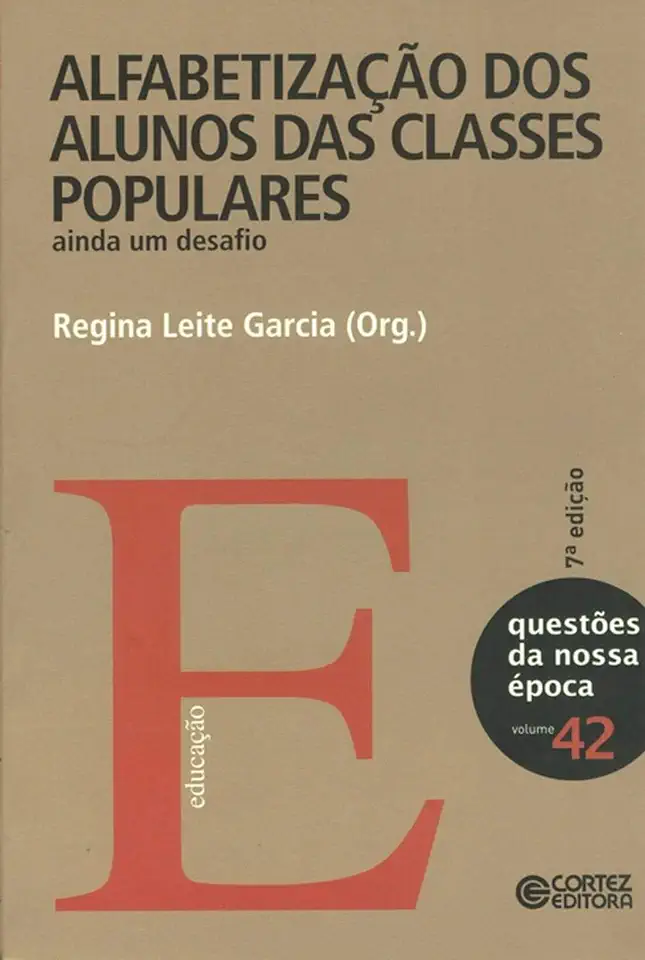
Literacy of Students from Popular Classes - Regina Leite Garcia
Literacy of Students from Popular Classes: A Critical Analysis of the Brazilian Educational System
Introduction
In her book, "Literacy of Students from Popular Classes: A Critical Analysis of the Brazilian Educational System," Regina Leite Garcia offers a comprehensive and insightful examination of the challenges faced by students from low-income families in Brazil as they navigate the educational system. Garcia argues that the current system is stacked against these students, who are often denied the resources and support they need to succeed. As a result, they are more likely to drop out of school and face a lifetime of poverty.
The Brazilian Educational System
The Brazilian educational system is a complex and decentralized system that is plagued by a number of problems, including:
- Lack of funding: The Brazilian government does not invest enough money in education, which results in overcrowded classrooms, poorly trained teachers, and a lack of resources.
- Inequality: The educational system is highly unequal, with students from wealthy families having access to better schools and resources than students from poor families.
- Discrimination: Students from low-income families often face discrimination from teachers and administrators, who may have low expectations for them and may not provide them with the support they need.
The Challenges Faced by Students from Popular Classes
Students from low-income families face a number of challenges that make it difficult for them to succeed in school. These challenges include:
- Poverty: Poverty can have a devastating impact on a child's ability to learn. Students who live in poverty may not have access to nutritious food, safe housing, or adequate healthcare. They may also be more likely to experience stress and trauma, which can interfere with their ability to focus and learn.
- Lack of parental support: Many students from low-income families do not have parents who are able to provide them with the support they need to succeed in school. Parents may be working long hours to make ends meet, or they may not have the education or skills to help their children with their schoolwork.
- Discrimination: Students from low-income families often face discrimination from teachers and administrators, who may have low expectations for them and may not provide them with the support they need.
The Consequences of Educational Failure
The consequences of educational failure for students from low-income families are devastating. These students are more likely to drop out of school, which limits their opportunities for employment and economic success. They are also more likely to be involved in crime and violence.
Recommendations for Reform
Garcia concludes her book by offering a number of recommendations for reforming the Brazilian educational system and improving the educational outcomes of students from low-income families. These recommendations include:
- Increasing funding for education: The Brazilian government needs to invest more money in education in order to provide students with the resources they need to succeed.
- Reducing inequality: The educational system needs to be made more equitable, so that all students have access to the same quality of education regardless of their socioeconomic status.
- Addressing discrimination: Discrimination against students from low-income families must be eliminated. Teachers and administrators need to be trained to recognize and address discrimination, and they need to be held accountable for their actions.
Conclusion
"Literacy of Students from Popular Classes" is a powerful and important book that shines a light on the challenges faced by students from low-income families in Brazil. Garcia's analysis is rigorous and well-researched, and her recommendations for reform are both practical and achievable. This book is a must-read for anyone who is interested in education and social justice.